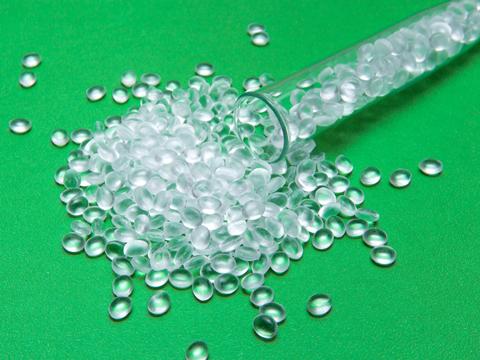
TekniPlex Healthcare has announced its new bio-based PVC compounds for medical plastics applications, said to reduce CO2 output and emissions by up to 90% compared with conventional PVC resins, and approximately 60% compared to traditional PVC plasticizers.
The company claims it is the first healthcare solutions company to introduce bio-based compounds for medical plastics applications whose performance and compositional properties are equivalent to conventional polyvinyl chloride (PVC) resins. Produced at the company’s manufacturing facility in Belfast, Northern Ireland, the material’s ISCC PLUS certification reportedly assures its production and distribution via a transparent and traceable supply chain.
Apparently, the bio-based PVC compounds utilize resins and plasticizers manufactured with renewable energy and bio-attributed classification. The compounds are said to be equivalent to traditional medical-grade PVC in terms of chemical composition, functionality and regulatory viability.
The new compounds are designed to be a drop-in replacement for a variety of injection moulded or extruded PVC compounds utilized in applications including IV therapy tube sets, drip chambers, and peristaltic pump tubing; films used for trays, pouches, bags and other form-fill-seal settings; and other components composed of medical-grade plastics.
In related news, Bayer and PAPACKS teamed up in June to develop biodegradable, fibre-based packaging for consumer health brands like Aspirin, Bepanthen, and Claritin. The companies plan to replace the products’ traditional plastic packaging using ‘responsible’ virgin fibres and PAPACKS’ moulded pulp technology, which makes use of materials derived from renewable sources and a plant-based coating.
This month Ecoshell revealed its GEX solution, derived from eggshells which are transformed into bio-calcium and then pelletized. The solution’s potential applications include jars and bottles for the cosmetic, pharmaceutical, wellness and cannabis industries and industrial buckets, bins, and barriers - with a reported plastic reduction of up to 30%.
If you liked this story, you might also enjoy:
The ultimate guide to the Packaging and Packaging Waste Regulation in 2024
How are the top brands progressing on packaging sustainability?
Sustainable Innovation Report 2024: Current trends and future priorities
Everything you need to know about global plastic sustainability regulation














No comments yet